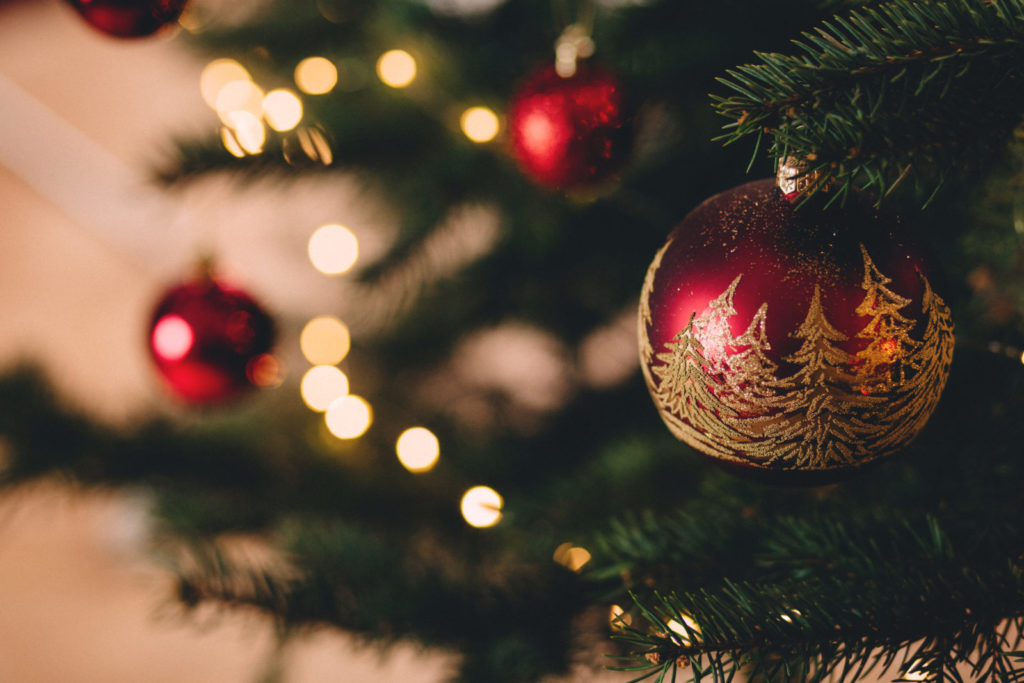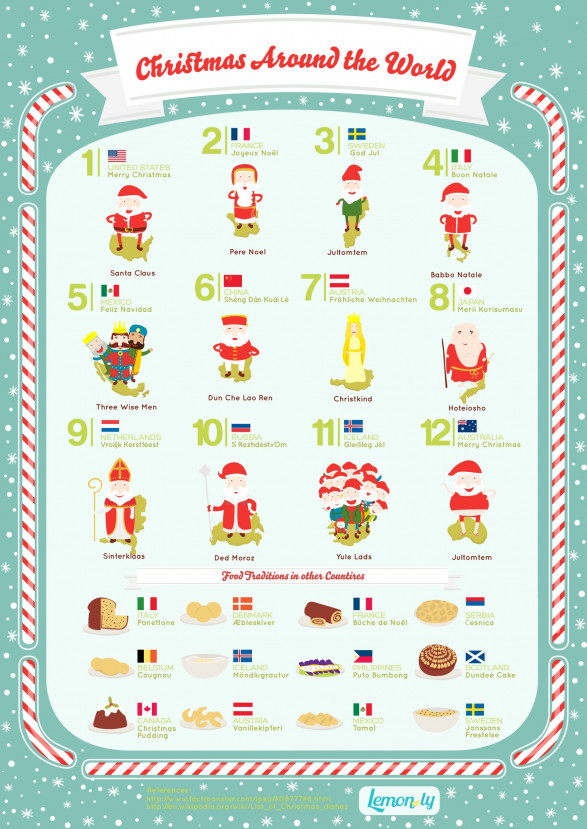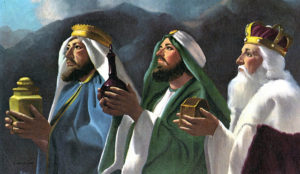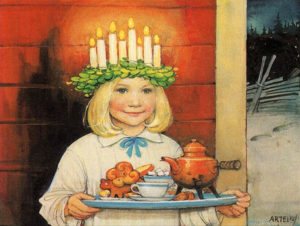Christmas Traditions Around the World
 21
21Dec

The holiday season is a time rich in tradition. Christmas customs often differ depending on one’s cultural background, though the feelings of nostalgia that stem from the holiday traditions of childhood unite us all. Some of these rituals are steeped in cultural tradition while others are simply fun activities to mark the beginning of winter or the passing of another year. Many of us follow the traditions of an American heritage by placing a fir tree in our home, adorned with precious ornaments that hold special sentiments. Children’s stockings are hung from the fireplace mantel for Santa to fill with tasty goodies when he descends from the chimney on Christmas Eve. And a special family dinner of turkey, yams and cranberry sauce is prepared for Christmas day. These joyful traditions allow use to differentiate the Christmas season from other times of the year. Such acknowledgments are honored throughout the world, with different cultures and countries observing their own unique traditions.
Germany

The advent calendar is a big part of Christmas celebrations in Germany. The calendar begins on December 1 marking the 24 days before Christmas and includes paper doors that can be opened each day to reveal an image, Bible verse, or a piece of chocolate. The tradition most beloved which originated from Germany is the Christmas Tree “Tannenbaum.” The tradition began about 400 years ago with families decorating their homes with evergreen branches at Christmas time. It eventually evolved into bringing in and decorating entire trees.
Switzerland
In Switzerland, a country known for its beautiful Alps mountain range, delicious chocolate and peaceful nature, the holiday season is marked by a visit from Saint Nicholas on the 6th of December. Families often bake spice cookies in honor of his arrival. Young children place their shoes, or a special Saint Nicholas boot, by the front door, in hopes of a late night visit from this adored Christmas figure. These youngsters eagerly awake the next morning to find their shoes filled with goodies, nuts and small gifts.
Mexico

In Mexico, a country known for its loyalty to family and delicious cuisine, the pinnacle of the holiday season is honored by El Dia De Reyes, Three Kings Day. This holiday reflects the blending of Mexico’s ancient cultural with that of Spanish colonization and subsequent conversion to Catholicism. Three Kings Day honors the tradition of the three wise men journeying to meet the newborn Christ child. Each of the wise men brought the baby Jesus a gift—gold, frankincense and myrrh—each symbolic of a spiritual gift. Today this holiday is marked by the exchanging of gifts by the Mexican people.
Sweden

In Sweden, St Lucia’s day is celebrated on December 13. It is a festival of lights in honor of St Lucia who was one of the earliest Christian martyrs, killed by the Romans in 304 AD. The festival begins with a procession led by the St Lucia designee, followed by young girls dressed in white and wearing lighted wreaths on their heads and boys dressed in white costumes. This festival marks the beginning of the Christmas season in Scandinavia and is meant to bring hope and light during the darkest time of the year.
Norway
In Norway, a country known for its Fjords, Viking heritage and midnight sun, Christmas Eve brings a curious ritual to fruition. Recognizing a belief from centuries ago that Christmas Eve enticed evil spirits and witches from their lairs, Norwegians hide their brooms so that these misfits cannot not steal them and subsequently ride them through the night sky. This unique tradition undoubtedly creates charmed, though mystic, memories for Norwegian children.
Enjoying holiday traditions with your family creates meaningful memories for generations to come. The majority of us that live in the United States follow the Christmas celebrations of an American heritage, though as genealogists we also have the ability to discover the details of our ancestors’ lives. Learning the history behind our families, including their unique cultures and countries of origin can bring new meaning to our holiday festivities. Understanding, appreciating and honoring the traditions of our ancestors creates a special link between the generations and a profound sense of pride in our heritage. And younger generations of your family will surely remember the Christmas when a new holiday tradition was introduced and all the brooms in the house were hidden!
Cara
